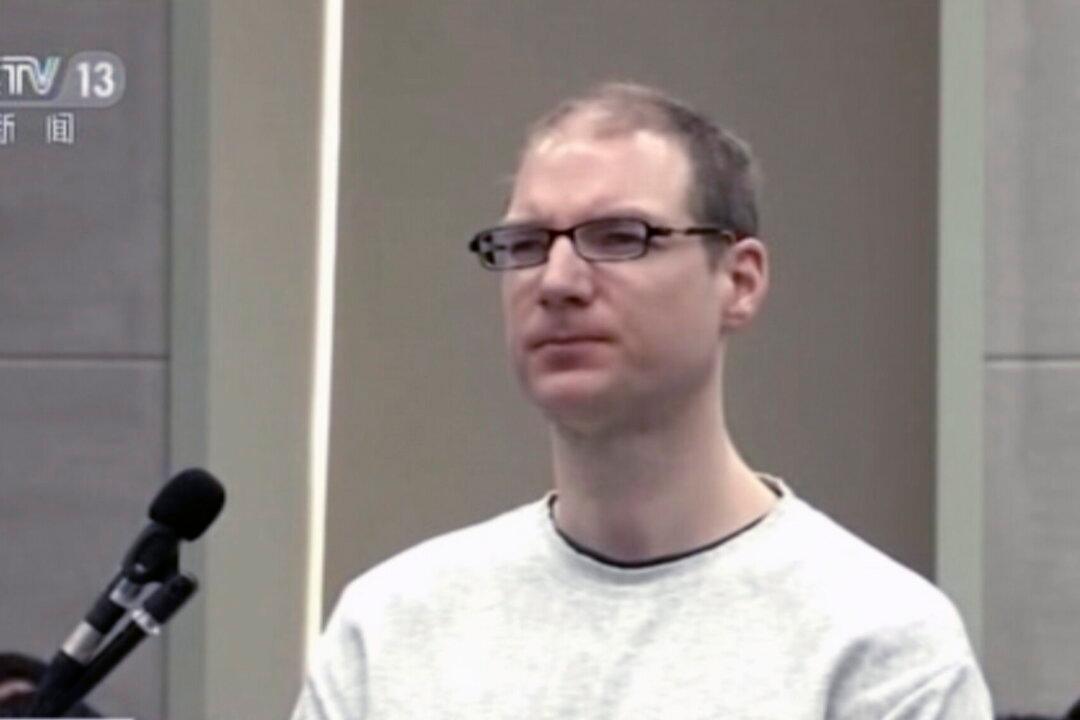TORONTO—China has sentenced a Canadian citizen to death following the appeal of his earlier 15-year imprisonment sentence.
Robert Schellenberg, accused of attempting to smuggle 220 kilograms (485 pounds) of methamphetamine from China to Australia in 2014, appealed his case in December. But the court ordered a retrial and suggested that a harsher punishment may be required.





